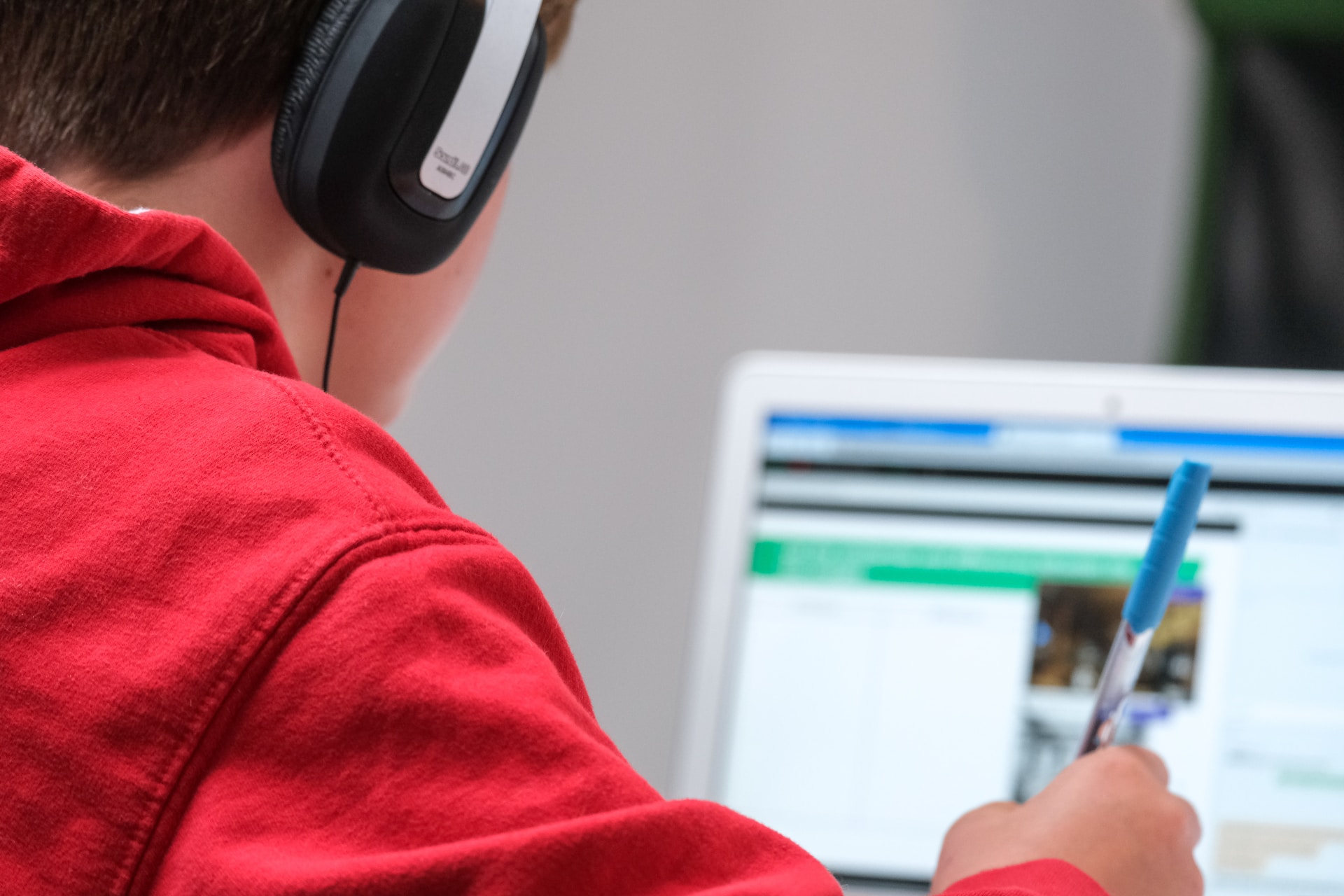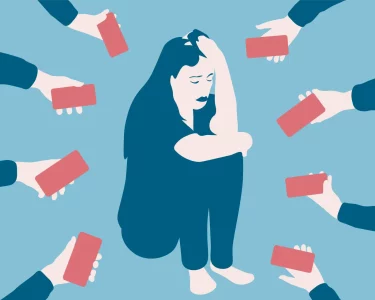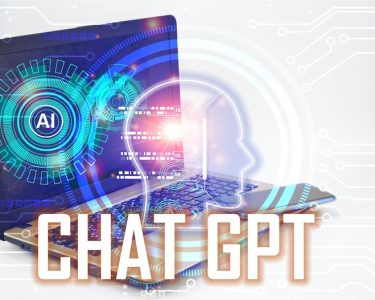The internet has revolutionized many aspects of modern life, including how we learn and educate ourselves. Traditional educational institutions are no longer the only options for gaining knowledge and skills. Online communities have emerged as a powerful tool for learning, offering unique opportunities for people to connect with others who share their interests and passions.
Online communities can take many forms, from forums and message boards to social media groups and online courses. These communities allow people from all over the world to come together to share their knowledge and expertise, ask questions, and learn from one another.
One of the biggest advantages of online communities for learning is the ability to connect with people from diverse backgrounds and perspectives. In a traditional classroom setting, students may be limited to interacting with only those in their immediate vicinity. However, online communities can bring together people from all over the world who share a common interest or passion, creating a rich and varied learning environment.
Another advantage of online communities is the ability to access a wide range of resources and information. Many online communities offer free or low-cost courses, tutorials, and resources that can be accessed at any time from anywhere in the world. This means that people who may not have access to traditional educational institutions or resources can still learn and develop their skills.
In addition to providing opportunities for learning and skill-building, online communities can also be a source of inspiration and motivation. By connecting with others who share their interests and passions, people can find encouragement and support to pursue their goals and dreams.
However, like any community, online communities can also have their drawbacks. One potential issue is the risk of misinformation and false information. With so much information available online, it can be difficult to discern what is accurate and what is not. This underscores the importance of critical thinking and fact-checking, as well as the need for community moderators and leaders to ensure that accurate and reliable information is being shared.
Another potential challenge is the risk of social isolation. While online communities can provide opportunities for people to connect with others who share their interests, they can also lead to a sense of detachment from the physical world. It is important for individuals to find a balance between online and offline connections and to prioritize building relationships with people in their local communities as well.
Overall, online communities have changed the landscape of education and learning by providing new opportunities for people to connect, learn, and grow. By leveraging the power of technology, these communities have the potential to democratize education and make it more accessible to people from all walks of life. However, it is important for individuals to be mindful of the potential drawbacks and to approach online communities with a critical eye, using them as a supplement to, rather than a replacement for, traditional forms of education and social interaction.




